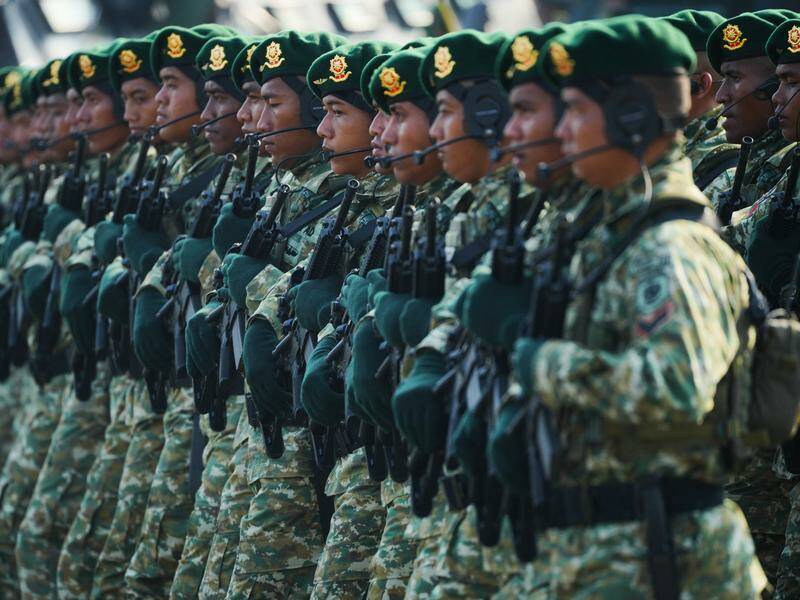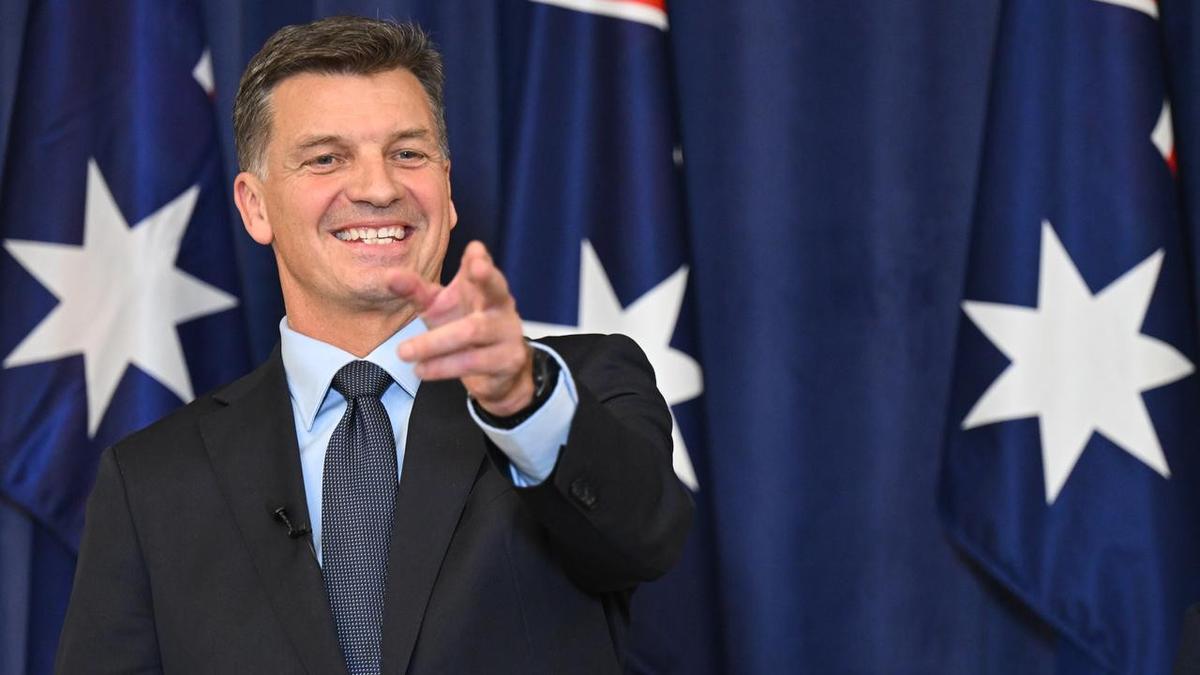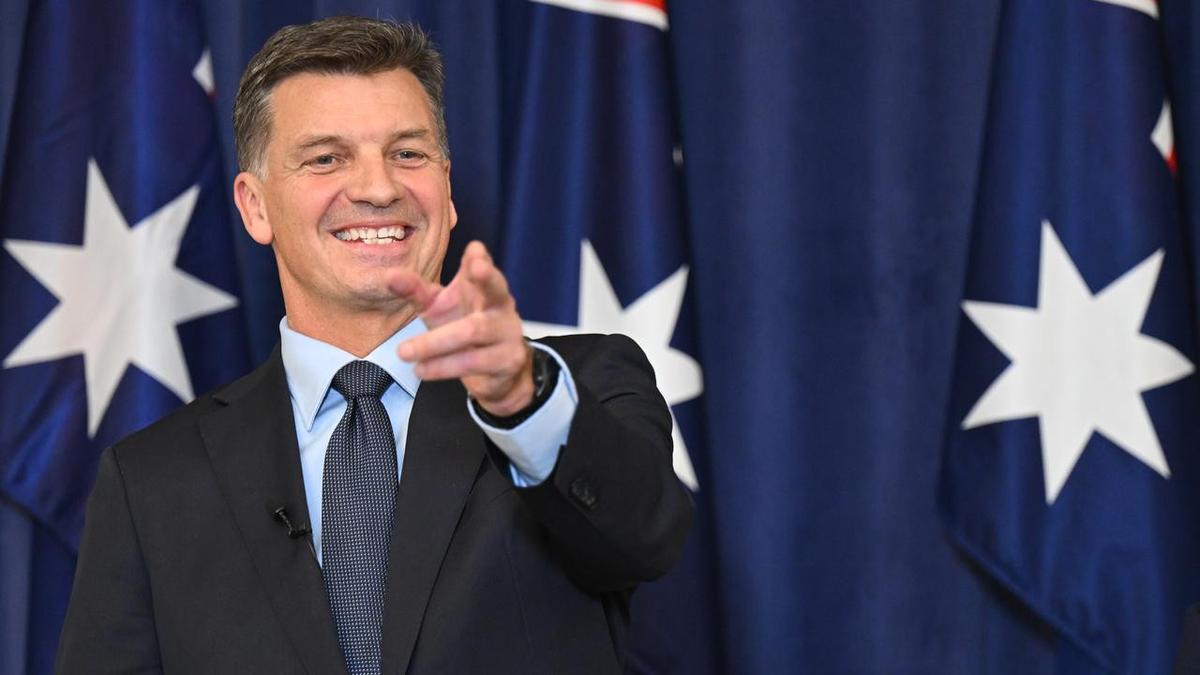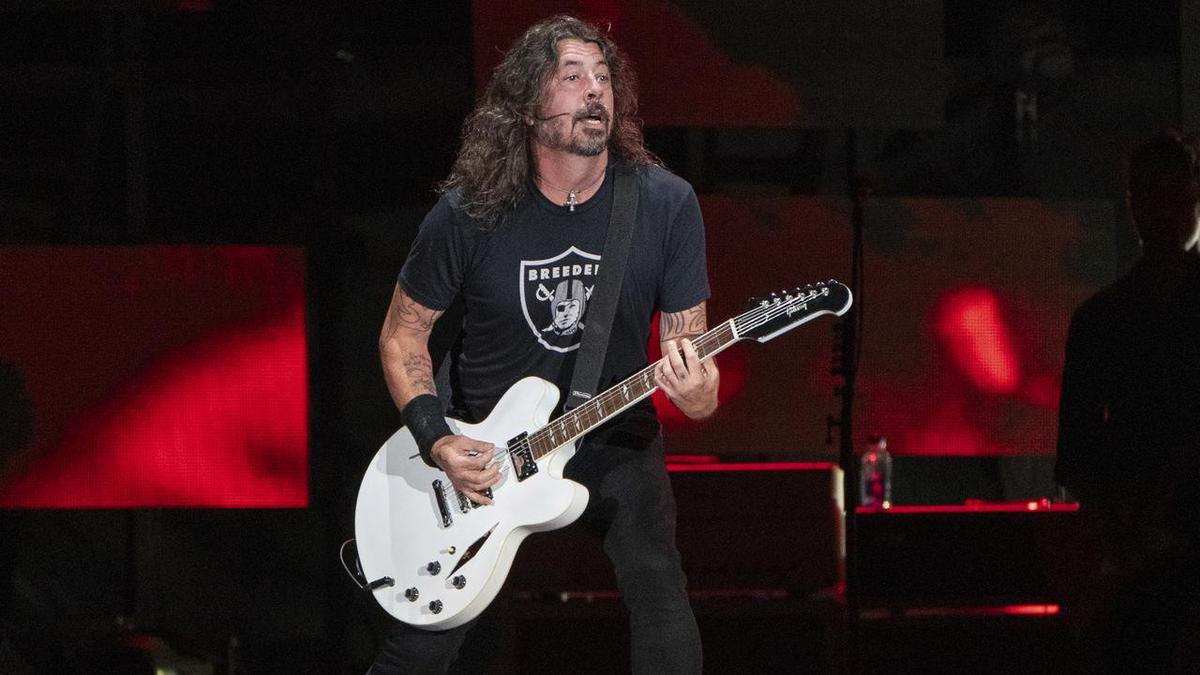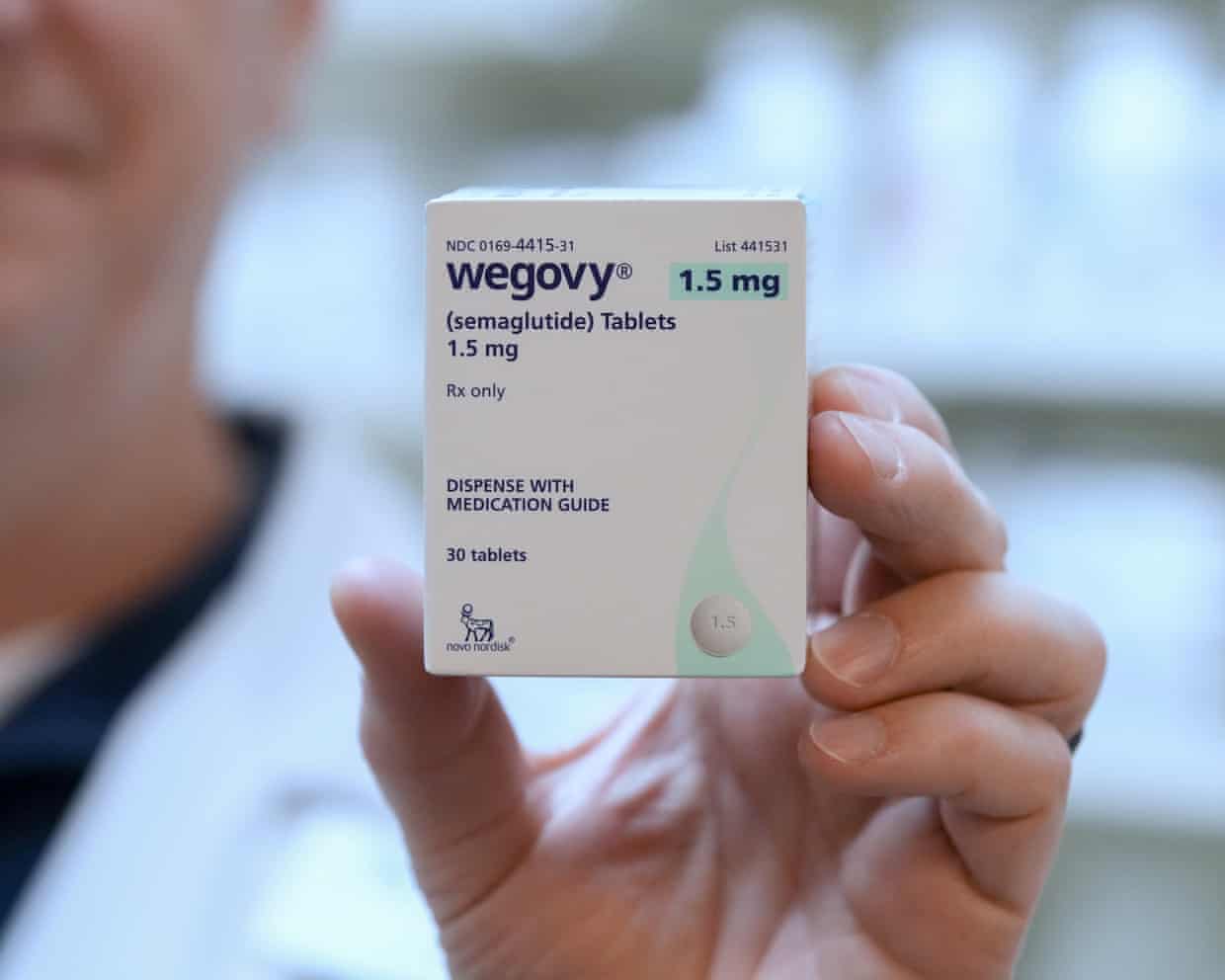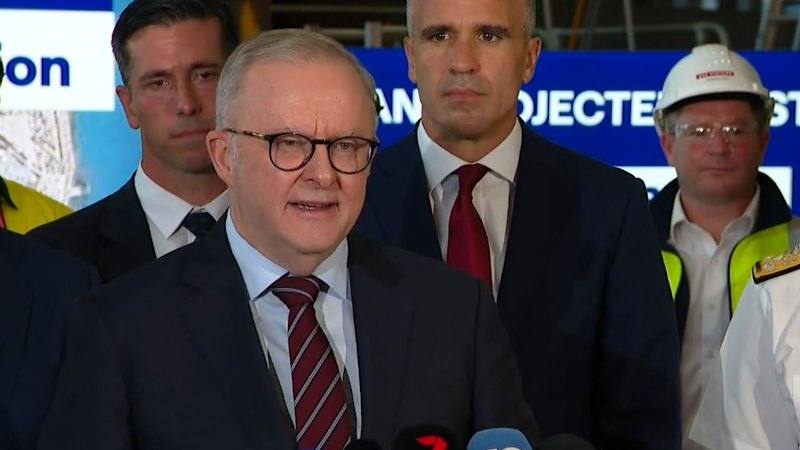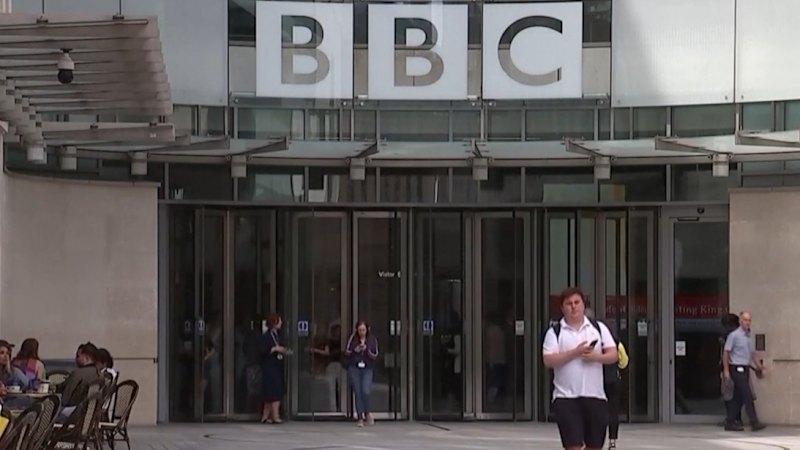
US President Donald Trump has announced plans to pursue a lawsuit against the BBC for up to $5 billion regarding edits made to a documentary about his presidency. This threat follows an apology issued by the broadcaster concerning the portrayal of certain events in the film.
Trump’s legal team claims the edits misrepresented his actions and statements, potentially damaging his reputation. The controversy stems from a documentary that aired in late 2023, which the president alleges contains significant inaccuracies. The BBC, known for its commitment to impartial journalism, has expressed regret over the edits but stands by the overall integrity of the documentary.
The potential lawsuit highlights ongoing tensions between Trump and major media outlets. Throughout his presidency, he has frequently criticized media coverage, often labeling reports as “fake news.” This latest dispute with the BBC further emphasizes his contentious relationship with the press, particularly regarding coverage that he deems unfavorable.
Background on the Documentary
The documentary in question examines pivotal moments during Trump’s time in office, including his handling of the COVID-19 pandemic and various policy decisions. Trump’s representatives argue that the edits altered the context of key events, leading to a misleading narrative about his presidency.
The BBC’s apology, issued shortly after the documentary aired, acknowledged concerns raised by Trump’s team but maintained that the film adhered to established journalistic standards. The organization emphasized that its goal was to provide a comprehensive overview of Trump’s presidency, despite the contentious nature of some of its content.
Implications for Media Relations
This legal threat could set a significant precedent for how public figures interact with the media. Trump’s willingness to challenge a reputable institution like the BBC indicates a broader strategy of confronting narratives he perceives as damaging.
Legal experts suggest that while the lawsuit may attract public attention, the outcome could hinge on established precedents related to defamation and freedom of the press. The outcome may reshape the boundaries of media reporting on public figures, especially those in high office.
As the situation develops, it remains to be seen how this legal battle will unfold and what impact it may have on both Trump’s public image and the editorial practices of media organizations. The BBC has stated it will respond to any legal action in due course, emphasizing its commitment to providing accurate and fair reporting.
In the meantime, Trump’s supporters and critics alike are closely monitoring this situation, as it reflects broader issues surrounding media ethics and accountability in the contemporary political landscape.

